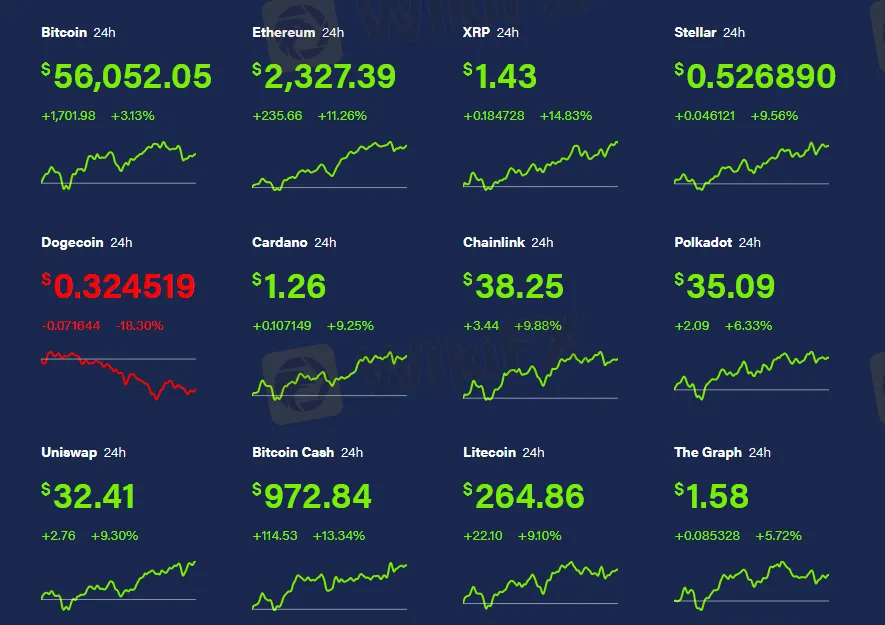简体中文
繁體中文
English
Pусский
日本語
ภาษาไทย
Tiếng Việt
Bahasa Indonesia
Español
हिन्दी
Filippiiniläinen
Français
Deutsch
Português
Türkçe
한국어
العربية
Tether’s price rose above $1.004
Abstract:Tether (USDT), the oldest and most popular stablecoin, diverged significantly from its peg to the U.S. dollar during bitcoin’s (BTC) recent price drop.

Tether (USDT), the oldest and most popular stablecoin, diverged significantly from its peg to the U.S. dollar during bitcoins (BTC) recent price drop.
But rather than seeing the move as a defect of the stablecoin, whose market cap stands at $52 billion, some analysts and exchange executives say the “tether premium” shows the tokens growing use as a safe-haven asset in almost-anything-can-happen-at-anytime cryptocurrency markets.

“During a crash, traders will race to sell their bitcoin in exchange for tether, which is similar to the U.S. dollar in that it is recognized as a temporary safe haven amidst extreme price volatility,” Kaiko, a blockchain data analytics firm, wrote in an April 19 newsletter. “A sudden increase in buying pressure for tether often has the effect of causing positive drift from the stablecoins one-to-one peg.”
Yet tether‘s market value has more than doubled from about $20 billion at the start of the year, a sign of traders’ growing embrace of the stablecoins convenience and efficiency as the de facto form of cash in cryptocurrency markets.
Tether‘s price rose above $1.004 as bitcoin started falling early Sunday. That was tether’s highest level since March 2020, when the likely economic damaged from the coronavirus and related documents first became apparent, triggering a sell-off in a broad range of assets from stocks to cryptocurrencies.
☆ What's moving BTC and other cryptocurrency price? Check latest financial market news, trading tips and expert advice on WikiFX.

Disclaimer:
The views in this article only represent the author's personal views, and do not constitute investment advice on this platform. This platform does not guarantee the accuracy, completeness and timeliness of the information in the article, and will not be liable for any loss caused by the use of or reliance on the information in the article.
WikiFX Broker
Latest News
Elderly Trader Loses RM2.1M in WhatsApp Forex Scam
Spotware Unveils cTrader Store, Global Marketplace for Algo Creators
Gigamax Scam: Tracking Key Suspects in RM7 Million Crypto Fraud
WikiFX Review: Is IQ Option trustworthy?
CFI Partners with MI Cape Town, Cricket Team
Doo Financial Expands Reach with Indonesian Regulatory Licenses
5 Questions to Ask Yourself Before Taking a Trade
Quadcode Markets: Trustworthy or Risky?
Avoid Fake Websites of CPT Markets
Webull Canada Expands Options Trading to TFSAs and RRSPs
Currency Calculator


